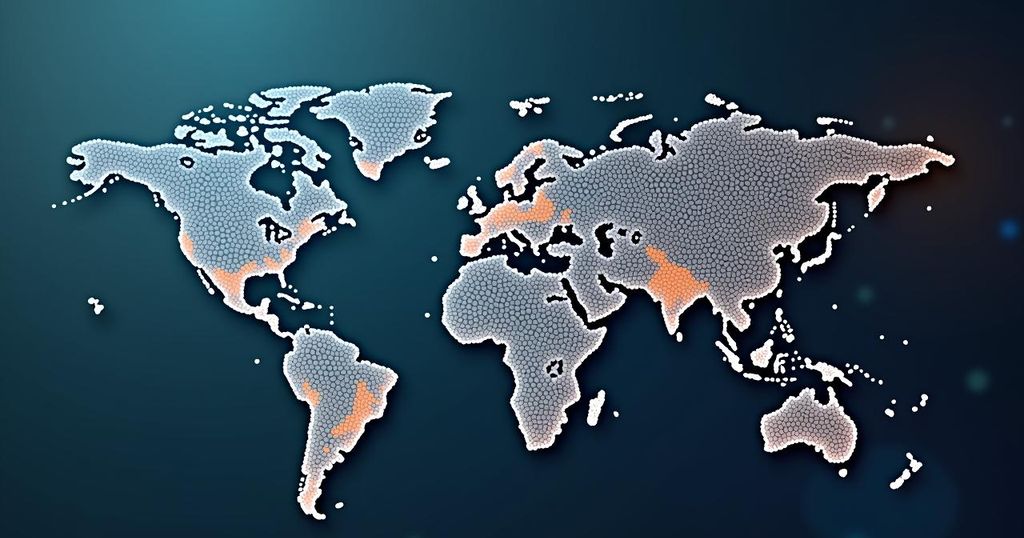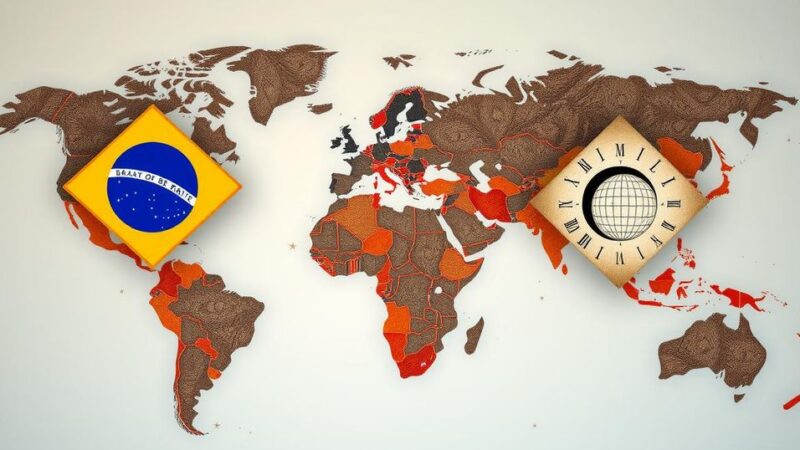Bhutan has launched the world’s first national digital identity program, which is now part of the Global Acceptance Network, facilitating trusted and interoperable digital credentials worldwide. This initiative aims to empower citizens with control over their data while enhancing global acceptance of their identities. The program, based on self-sovereign identity, was announced at the Bhutan Innovation Forum.
The Kingdom of Bhutan has made a significant advancement in digital identity by launching the world’s first national digital identity program, which has now joined the Global Acceptance Network (GAN). This initiative, which aims to facilitate access to verifiable, trusted, and interoperable data across various sectors, was officially introduced during a soft launch event on September 17, involving over 30 founding members. In 2023, Bhutan introduced its National Digital Identity (NDI) system, anchored in the principles of self-sovereign identity (SSI). The Bhutanese government has been diligently navigating the complexities associated with scaling a decentralized identity system nation-wide. The announcement regarding Bhutan’s membership in the GAN took place at the Bhutan Innovation Forum, highlighting its strategic importance as it integrates with other digital identity frameworks and ecosystems. This membership allows Bhutanese citizens to utilize their digital credentials internationally, marking a critical milestone in enhancing global trust in their identification system. Jigme Tenzing, Secretary of Bhutan’s government technology agency, articulated, “By joining the Global Acceptance Network, Bhutan is taking the next step towards ensuring our digital credentials are not only secure within our borders but trusted globally. Our vision is to empower every Bhutanese citizen with control over their own data, while enabling seamless, verifiable exchanges with the rest of the world. GAN provides the interoperable trust network we need to build this truly interconnected and trusted digital future.” The GAN’s membership roster includes notable platinum members such as Accenture, NTT Digital, and Gen. Other ecosystem contributors include Trinsic, Yoti, Interac, cheqd, Danube Tech, and the Global Legal Entity Identifier Foundation (GLEIF). The GAN is further supported by ambassadors, including the Ethiopian National ID Executive Director, Yodahe Zemichael, along with representatives from both the public and private sectors.
In an era where digital identification is increasingly crucial, Bhutan’s pioneering move to establish a national digital ID program sets a precedent for other nations. The introduction of the National Digital Identity (NDI) system, grounded in self-sovereign identity, reflects a concerted effort to address the need for secure, user-controlled identity solutions. The Global Acceptance Network (GAN) plays a vital role in fostering a collaborative environment where different national and organizational digital identity schemes can converge, ensuring interoperability and mutual recognition. This initiative aligns with global trends emphasizing the importance of trusted digital identities that empower individuals while enabling innovative exchanges.
Bhutan’s accession to the Global Acceptance Network marks a groundbreaking step in the global digital identity landscape. By establishing its National Digital Identity program and integrating it with an international framework, Bhutan not only enhances the security of its citizens’ digital credentials but also fosters global trust in its identity system. The initiative exemplifies the growing importance of interoperability and self-sovereignty in the realm of digital identities, positioning Bhutan as a leader in this transformative space.
Original Source: www.biometricupdate.com







